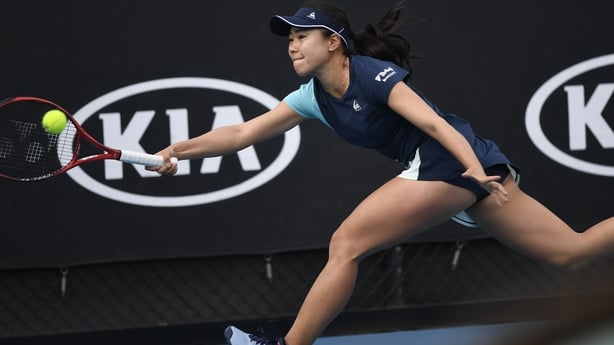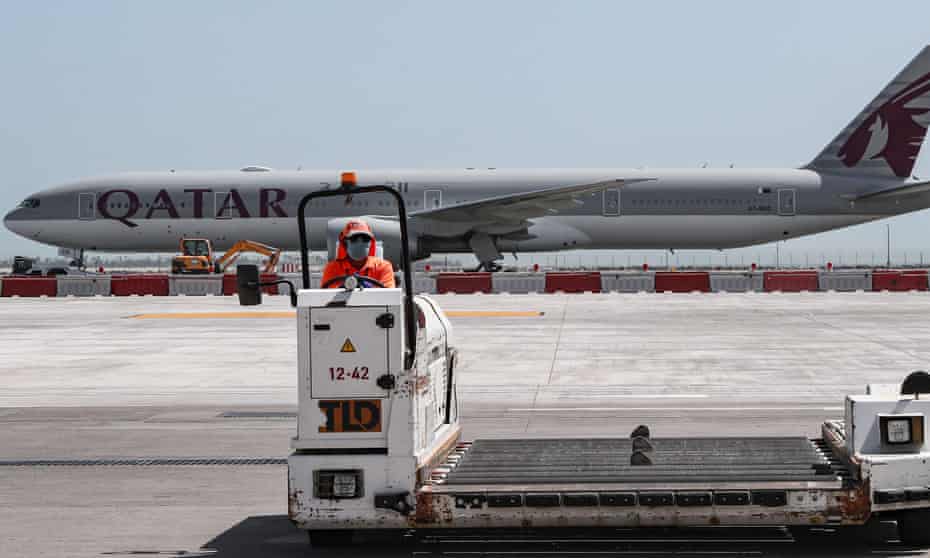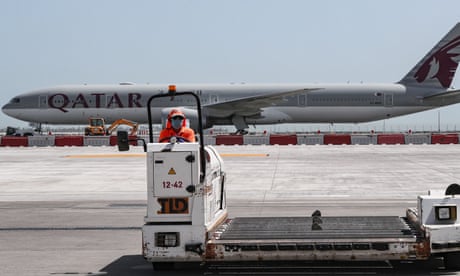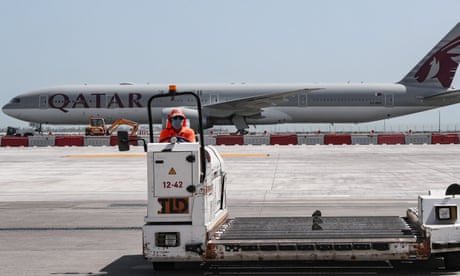Nuclear Power Will Play A Key Role In Emerging Economies’ Energy Transition
The ongoing UN Climate Change Conference (COP26) in Glasgow has underlined how increased adoption of low-carbon energy sources will be key to reducing global emissions. While it is not without its detractors, many agree that nuclear power has a role to play in this.
Countries such as Austria and New Zealand are staunch opponents of nuclear power, and have resisted attempts to group it alongside renewable energy as a clean alternative to hydrocarbons. On a similar note, the World Bank will not grant the industry multilateral financial aid that is earmarked for clean energy.
Others, however, have highlighted the industry’s low-carbon footprint, as well as the fact that the global industry is modernising fast, for example through increased localisation and innovative manufacturing.
A major development will be the widespread rollout of small modular reactors (SMRs); at present more than 70 SMR designs are being developed around the world, and two units are already in operation in Russia.
Indeed, Russia is a prominent player in the field. While China is the only country in the world currently building a fleet of new reactors, it is Russia which exports and finances the highest number of new builds.
The nuclear energy industry is also growing: it is expected to be worth $49bn by 2025, up from $36bn in 2017.
Nuclear power and emerging countries
As emerging economies mature – through increased urbanisation and industrialisation, for instance – their power needs will grow commensurately. Many of these economies are looking to nuclear as a low-carbon solution to meeting such needs.
According to the World Nuclear Association (WNA), some 30 emerging economies around the world are currently considering, planning or starting nuclear power programmes.
In the short term, these projects will not significantly expand the global nuclear footprint, with principal growth coming in countries which already have well-established nuclear power infrastructure.
However, the WNA anticipates that, in the medium to long term, developing nations’ nuclear infrastructure will resemble that currently seen in Europe, North America and Japan.
Meanwhile, Third Way – a US-based think tank – predicts that the global market for nuclear could triple by 2050, thanks almost entirely to increased demand in emerging regions.
Which countries are leading the way?
Different emerging countries are at different stages in terms of developing their nuclear power capacity.
For example, the UAE became the first country in the Gulf to open a nuclear power plant following the launch of Abu Dhabi's Barakah Nuclear Energy Plant in August last year, while Belarus, Bangladesh and Turkey are all in the process of constructing their first nuclear power plants.
Other countries are in the planning phase. For instance, Saudi Arabia currently aims to construct two reactors, and anticipates that these will generate 17 GW of nuclear capacity by 2040, covering 15% of the Kingdom’s energy needs.
Nigeria is similarly moving to boost its capacity.
The country has partnered with Russia’s Rosatom State Nuclear Corporation for support. The Russian-Nigerian Joint Coordination Committee on National Atomic Energy was formed in 2009, but so far no concrete progress has been made. Nevertheless, in July this year the agreement was reconstituted by both parties.
Indonesia, meanwhile, is currently the nuclear leader within ASEAN, and is planning to expand its base of three small research reactors. It counts on the collaboration of Rosatom and the Japan Atomic Energy Agency, among others.
In Indonesia nuclear is increasingly seen as a good way to meet ever-growing electricity needs, as well as to leverage the country’s rich mineral deposits.
Potential pitfalls
However, Indonesia also offers a case study in the misgivings that have been expressed regarding the development of nuclear power in certain emerging markets.
Primarily, the country’s position in the Pacific’s “Ring of Fire” makes it prone to earthquakes and volcanoes, which some say increases the possibility of a disaster along the lines of the Fukushima Dai-Ichi meltdown, caused by an earthquake and tsunami that struck Japan in 2011.
Secondly, there is the question of disposing of nuclear waste, a notoriously tricky process. Last year Indonesia’s Nuclear Energy Regulatory Agency found extremely high levels of radioactive contamination in a patch of land outside Jakarta, about 3km away from one of the country’s research reactors.
Thirdly, there are fears that developing nuclear capacity could facilitate the development of nuclear weapons. In the case of Indonesia, such fears were triggered in February 2020 when Luhut Binsar Pandjaitan, the minister of maritime affairs, argued that Indonesia was not seen as a serious international player due to its lack of nuclear weapons. Pandjaitan, a retired general, has been a key figure in the country’s drive to expand its nuclear energy capacity.
Lastly, there is the question of speed. While plans have been in the pipeline for some years, expanding nuclear capacity can take decades, and it is not clear whether Indonesia will be able to do so in time to meet urgent emissions targets.
However, the increased modernisation and expansion of the global nuclear energy industry – and the agility that will be conferred by the development of SMRs – should help to assuage these and other misgivings. In this light, the coming years will likely see a consolidation of the growing consensus that nuclear power could help developing economies both to meet their energy needs and to reduce their carbon emissions.
By Oxford Business Group


















